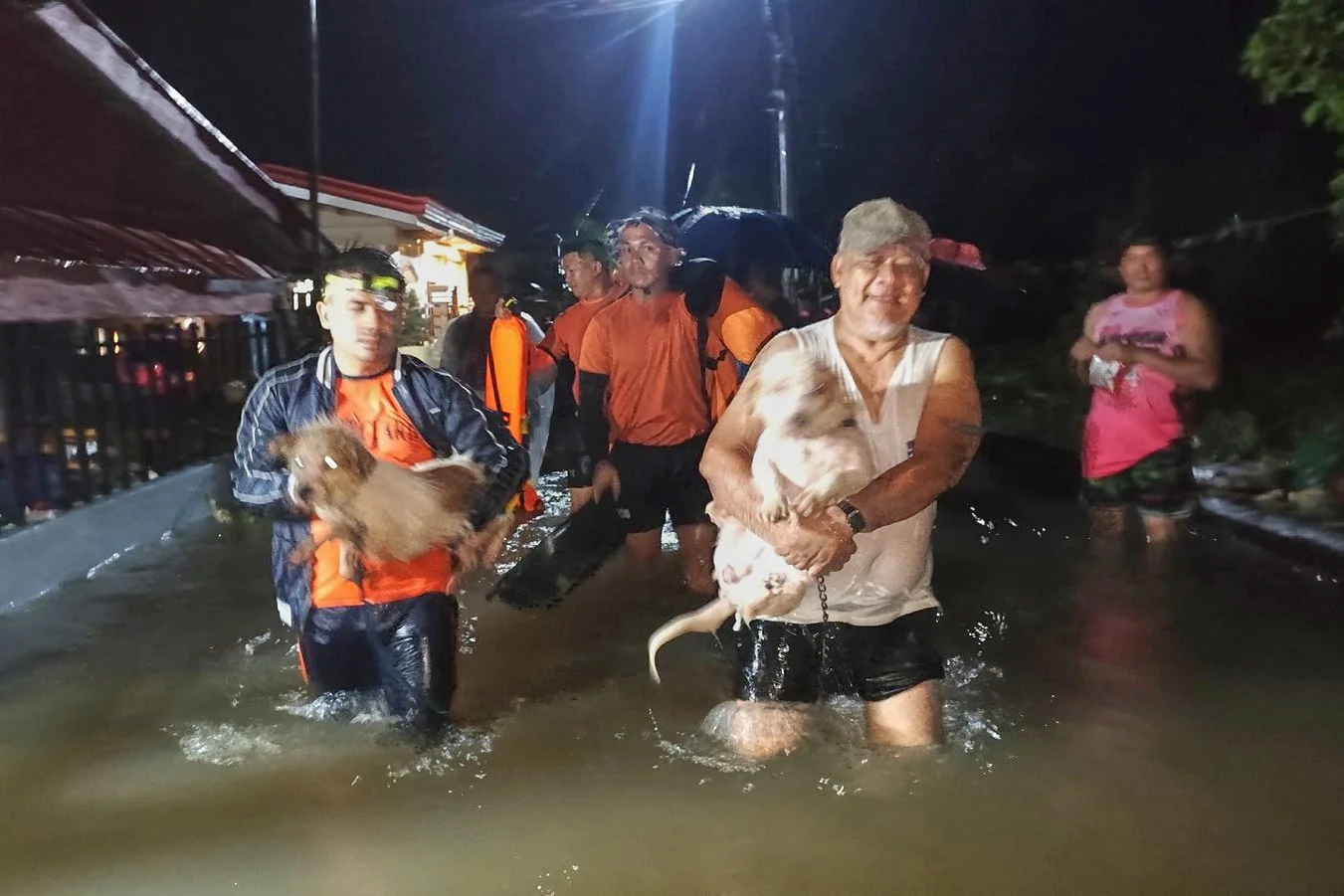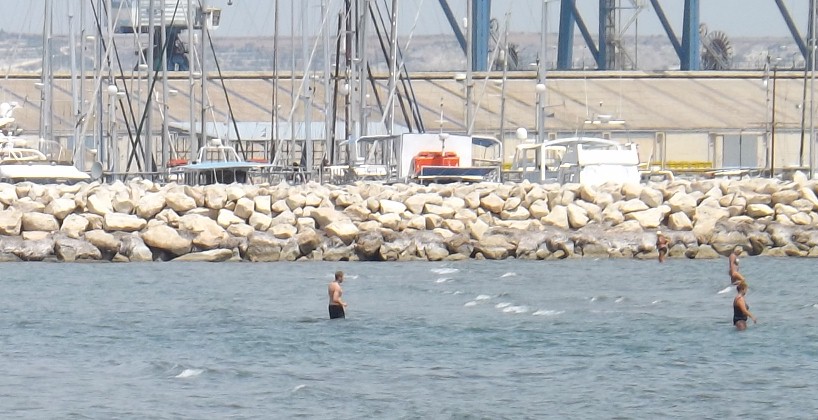By Raissa Robles
Copyright scmp

The Philippines’ “biggest corruption scandal” in history continues to rivet Filipinos as whistle-blowers implicate a slew of top officials, with the unfolding saga threatening to drag even the president into its 545 billion peso (US$9.4 billion) embrace.
On Thursday, Filipinos in Metro Manila – from taxi drivers to building lobby receptionists and security guards – were spotted with their mobile phones tuned in to the Senate’s eight-hour hearing on the so-called ghost flood projects. In one dental office, an aide told This Week in Asia: “Sorry, there’s no music. Other patients requested to tune in to the hearings instead.”
The live-streamed hearing drew some 2.7 million listeners across four channels, with about 847,000 people watching on the normally ignored official Senate YouTube account.
Those implicated so far by various former public works officials-turned-whistle-blowers comprise: the president’s top aide Lucas Bersamin; the president’s cousin, newly resigned house speaker Martin Romualdez; his just-resigned public works secretary Manuel Bonoan and the latter’s daughter; the newly resigned Senate president Francis Escudero; senators Jinggoy Estrada and Joel Villanueva; 17 congressmen and at least 26 other senior public works officials.
They have either stayed silent or denied wrongdoing.
Bersamin, whose post traditionally endows him with the title “Little President”, called the allegations of former public works undersecretary Roberto Bernardo – that the Office of the Executive Secretary had received around 15 per cent worth of kickbacks from certain projects – “not true”.
Retired Supreme Court judge Antonio Carpio said last Friday on a radio show: “The tipping point is very near if it’s not here already. Because this is really the biggest corruption scandal in history.”
No paper trail or whistle-blower has led directly to President Ferdinand Marcos Jnr or his wife, however.
On whether the scandal would touch the first couple, University of the Philippines criminal law professor Barry Gutierrez told This Week in Asia it was still early days, but “given the emerging extent of this corruption machinery, though, it certainly is possible”.
“I don’t think he realised it would snowball into this,” Gutierrez added, referring to Marcos’ July state of the nation address, in which he first disclosed the corruption and told colluding government officials and private contractors: “Shame on you.”
The former congressman said Marcos’ hasty creation of the “ad hoc” Independent Commission for Infrastructure instead of an institutional response backed by statute, indicated the president was “flying by the seat of his pants, desperately trying to keep pace as the situation spirals out of control”.
“I have no doubts more names will come out as the scope of the inquiry expands,” Gutierrez said. “For instance, now that the name of Eric Yap, [the] House appropriations chair during the last two years of [Rodrigo] Duterte’s administration, has come up, the line of inquiry should now include transactions during his incumbency, involving the 51 billion pesos that went to [Duterte’s son, Congressman Paolo] Pulong Duterte. ”
“It appears that this was a far-ranging system that involved a lot of high-level officials. And this is just flood control in one district in Bulacan that we’ve zeroed in on so far,” Gutierrez said, referring to the Senate testimony of former public works chief engineer Henry Alcantara, who calculated on September 2 that ghost projects might amount to 5 billion pesos in the first district of Bulacan alone.
Under oath, Alcantara admitted signing non-existent projects as “completed”. Acting public works secretary Vince Dizon promptly dismissed him from service and intends to charge him criminally.
“The implication is that there was a lot of complicity from so many in government, so unsurprisingly, with so many benefiting, they would endeavour to keep it quiet,” the former congressman said.
President’s potential liability?
Carpio believes Marcos “cannot escape liability”. Congress had at the last minute inserted 450 billion pesos into this year’s public works department budget, which congressional investigations showed went to highly questionable projects. Of that, Marcos had vetoed or removed only 29 billion pesos, leaving 421 billion pesos still intact in this year’s national budget that he himself signed into law.
By the very act of signing the budget containing those questionable congressional insertions, Marcos “owned up, he is responsible for this 421 billion insertion … So he cannot escape liability”, the former justice argued.
Gutierrez said the people’s anger had placed “senators under pressure to be perceived as fair and not favouring their colleagues”.
“My sense is that [Marcos] knew [about the scandal] all along and had to step in so that he would be seen as a whistle-blower. He probably saw it as an opportunity to change the narrative of his administration,” University of the Philippines political science professor Jean Franco told This Week in Asia.
Marcos’ father, the late dictator whom he was named after, has been recognised since 1989 by the Guinness World Records as holding the record for the “greatest robbery of a government”, accused of stealing up to US$10 billion from state coffers, including public works projects.
Shortly before the May 2022 presidential election, however, when most surveys indicated his son would win, Guinness pulled out the entry for a “re-examination”.
To restore people’s trust, Franco said, “prominent names, including politicians, must go to jail”.
The scandal has already made its economic presence felt. The Philippines’ stock exchange index and broader All Shares index stayed in the red for the third day on Thursday.
Financial risk analyst Jonathan Ravelas, managing director of eManagement for Business and Marketing Services, told This Week in Asia that due to the scandal, “the economy is in a holding pattern, definitely. It’s a wait and see. The stock market movements reflect the doubt in the Philippines despite the resilient economy”.



